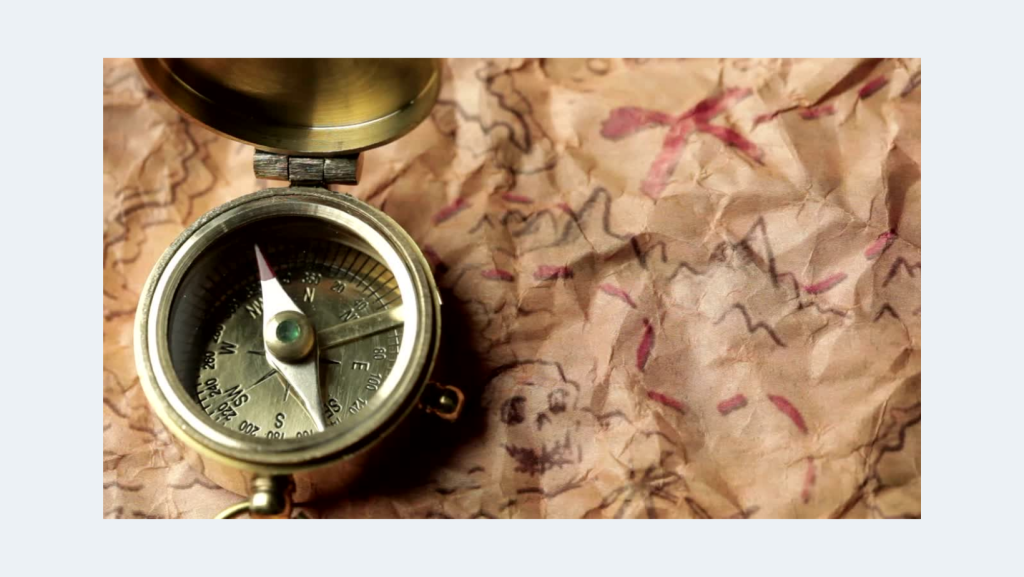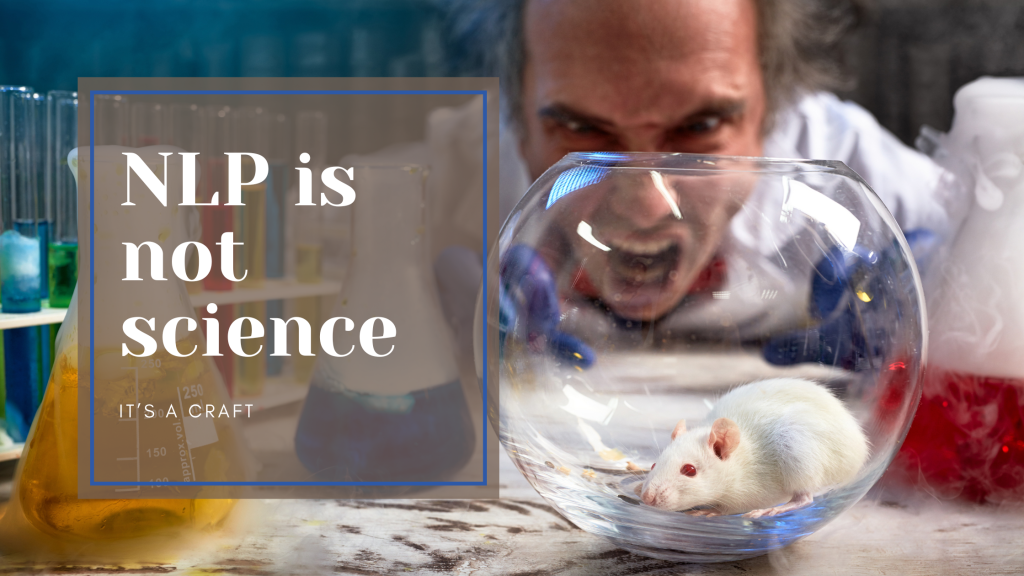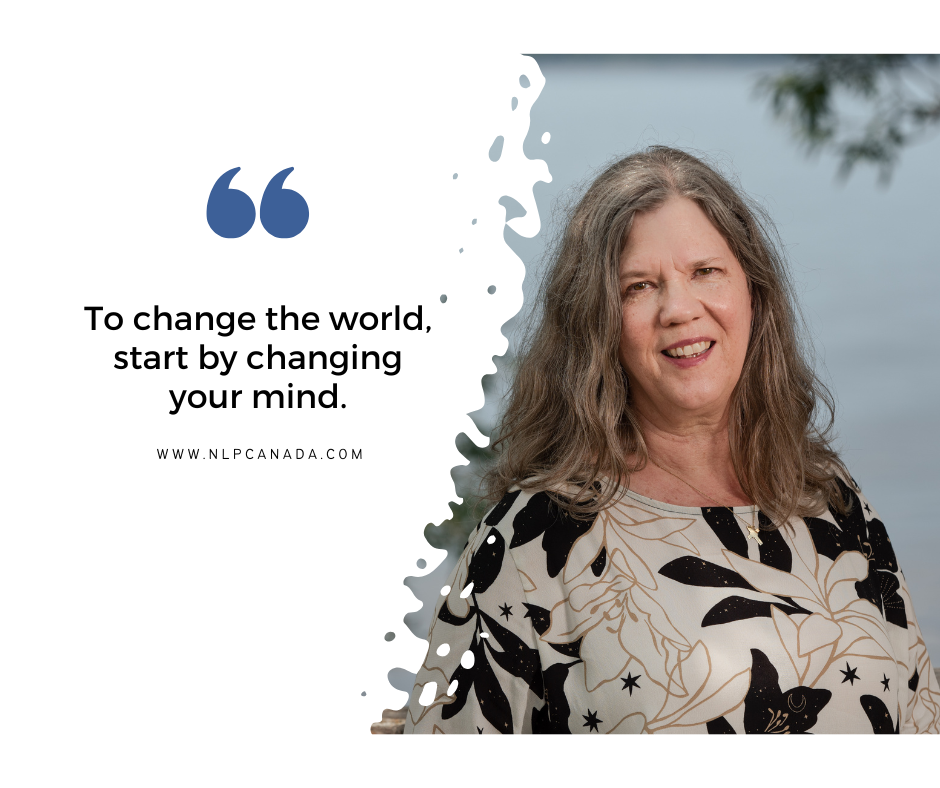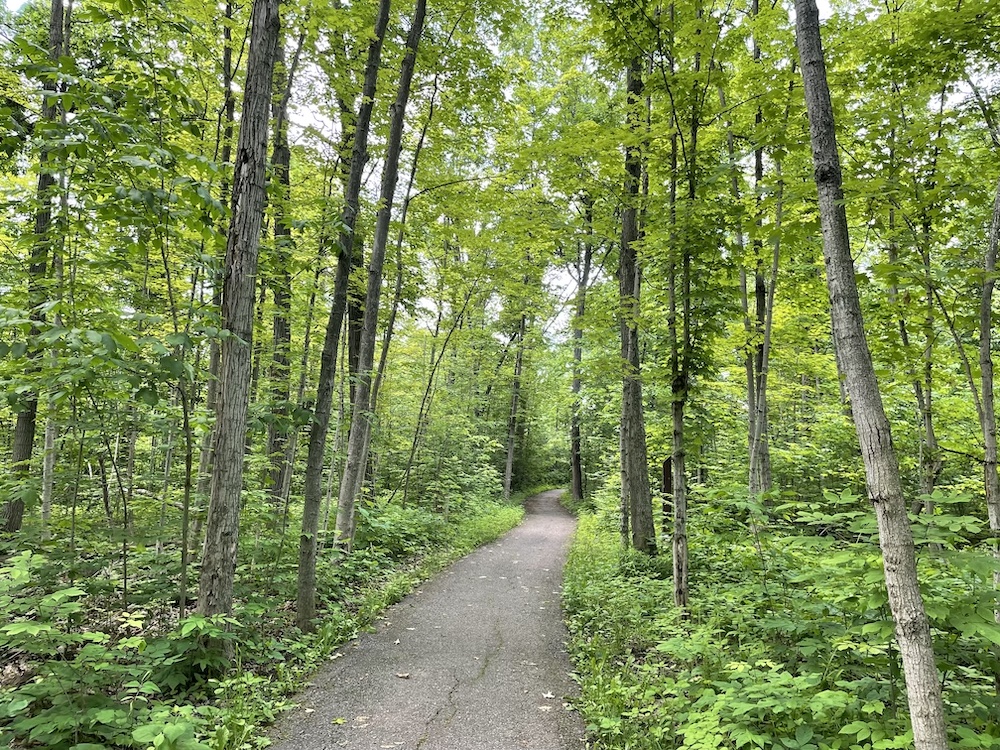None of us know ourselves very well. While we are very familiar with the voice in our head, that voice doesn’t actually predict most of our actions or even most of our feelings. The way the human being is structured, our enormously complicated brains run most of our behaviours outside of our conscious awareness. We literally don’t know what we’re going to do next, most of the time.
It gets more complicated. A lot of what the voice in our head tells us is wrong. It’s not deceptive, but it is subject to all kinds of glitches in the system: we are a complicated mix of cognitive biases and logical fallacies. We are at least as likely to misunderstand ourselves as we are to misunderstand other people. After all, we never trust only the words that other people say. We’re always combining their conscious words with all the unconscious expressions and behaviours that we can observe. We can’t do that when trying to understand ourselves.
Two things can help. One is research. Science does not know everything, and it doesn’t always apply to us. But it always gives us a point of comparison. We can ask ourselves: do we really value things just because we own them (that’s what the research suggests). Is it really unlikely that we can know our emotions in advance (that’s also what the research says). And even, is it possible that the gut feeling we are relying on is not instinct. . . it’s cognitive bias?
And. . . since research is not 100%, we can also compare ourselves to the experience of others. One of the ways I like to do this is by reading novels. In a novel, we spend hours sharing the inner and outer lives of various characters and, of course, we’re also inside the mind of the writer. While we’re in a story, the story feels like it’s happening to us (at least that’s what people say and also what the research evidence suggests). So we can borrow experience and then decide whether to keep it – if, somehow, the experience of the story resonates as if it were part of us.
I’ve been exploring literature all my life, and the science of self-awareness for about twenty years. I still surprise myself. The point of the learning is not to reach competency in the subject that is me. It’s more like forming a better long-term relationship with someone I don’t know very well: me. Someone I like and respect, at least quite often, and yet find hard to predict. I don’t think that will change because the amount I can study will always only be a small part of the territory.
What about you? You don’t have to leave your chair to explore, but you do have to step away from the illusion that the person sitting in the chair is someone you already know. In fact, you’ve known them for your whole life, and yet there is so much more to know.



